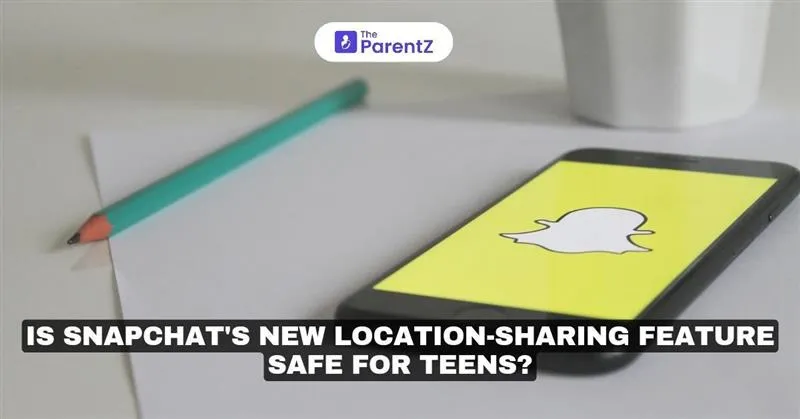Snapchat has recently shared exciting new features in its Family Center, particularly focusing on location sharing. As parents, ensuring the safety of our teens while they navigate social media is a top priority. With over 350 million users engaging with Snap Map each month, the question arises: Is Snapchat's new location-sharing feature safe for teens? Let's explore this topic in depth.
Understanding Snapchat’s Snap Map
Snap Map is a popular feature that lets users share their real-time location with friends. This can be beneficial for various reasons, such as coordinating meet-ups or ensuring safety while out and about. However, it also raises concerns about privacy and the potential risks of sharing one’s location.
Snapchat has made strides to address these concerns by implementing safety measures. For instance, location sharing is turned off by default, meaning users must actively choose to share their whereabouts. Additionally, users can only share their location with friends who are already accepted on the platform, reducing the risk of unwanted attention from strangers.
New Features in Family Center
With the latest updates to Family Center, parents now have enhanced tools to monitor their teens' location-sharing practices:
- Location Request Feature: Parents can send a request for their teen to share their live location. This feature fosters open communication about where teens are and can help parents ensure their safety during outings.
- Mutual Location Sharing: Parents can also share their location with their teens, creating a reciprocal relationship that keeps everyone informed about each other’s whereabouts.
- Visibility into Location Settings: Parents will soon be able to see which friends their teens are sharing their location with on Snap Map. This transparency allows for informed discussions about safe sharing practices and the importance of being selective about who can see their location.
- Travel Notifications: Another notable addition is the ability for families to set up travel notifications for specific locations (like home or school). Parents will receive alerts when their teen arrives at or departs from these designated spots, providing peace of mind during busy days.
Safety Considerations
While these features enhance safety and promote communication, there are still important considerations for parents and teens alike:
- Privacy Concerns: Even though Snapchat has implemented measures to protect users' privacy, it’s essential for parents to discuss the implications of sharing personal information online. Teens should understand that even trusted friends can inadvertently share their location with others.
- Friend Selection: Emphasizing the importance of being selective about friends on Snapchat is crucial. Teens should be encouraged to only accept friend requests from people they know in real life to minimize risks associated with sharing their location.
- Regular Check-Ins: Parents should maintain an ongoing dialogue with their teens about online safety and privacy. Regular check-ins can help reinforce good habits and ensure that teens feel comfortable discussing any concerns they may have regarding their online interactions.
Conclusion
Snapchat's new location-sharing features aren't inherently good or bad – they're tools. Like any digital tool, their effectiveness depends on thoughtful, collaborative use between parents and teens.
The key is communication, mutual respect, and a shared understanding of digital safety. By approaching these features as a partnership rather than a surveillance mechanism, families can leverage technology to stay connected and protected.
Remember: Technology should enhance family communication, not replace genuine human connection.








Be the first one to comment on this story.